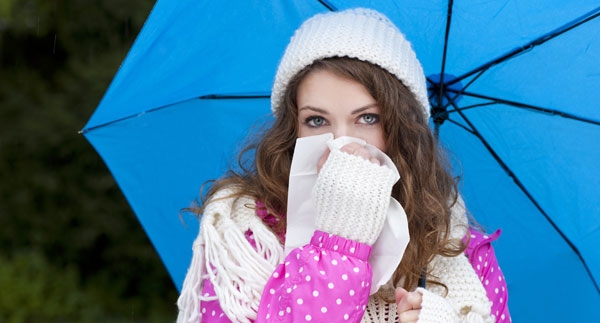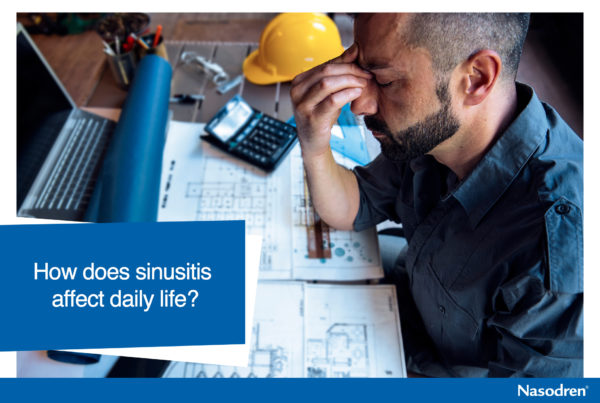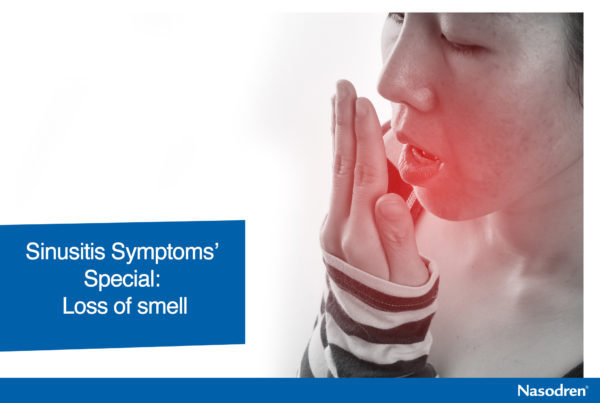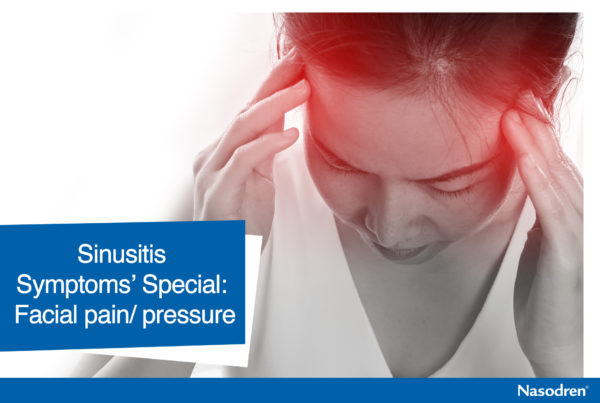Preventing symptoms of sinus infection is better than cure. Follow the tips given below to reduce chances of sinus problems:
- Eat well and exercise regularly to avoid contagious colds and flu. If these diseases occur, do not delay the treatment as untreated colds and flu can cause sinusitis.
- Strengthen your immune system, increasing body resistance to infections. Consumption of vegetables and fruits loaded with antioxidants will help in boosting immune system. Adequate sleep is also essential for a good immune system that protects you against symptoms of sinus infection. De-stress regularly.
- Drink enough fluids to hydrate the body. Try a humidifier to enhance moisture content in sinuses and nose. Humidifier will especially be helpful in case of a dry forced-air system used to heat the room air.
- Ensure that the offices and houses are free from allergens. Air conditioners and heating equipment may help, as both feature electrostatic filters to remove allergens from the air.
- Keep hands clean. Regular washing, especially after handshake, will control spread of viruses. Handshake is a common source of disease transmission, particularly colds and flu. Use an ordinary soap. Alcohol-based gel hand cleaners without water may kill viruses of flu and cold. Wipe surfaces with the solution consisting of 10% bleach and 90% water to kill viruses.
- Avoid air pollutants and cigarette smoke. Do not smoke.
- Since alcohol consumption may cause swelling of sinus and nasal membranes, avoid it.
- Chlorine irritates membranes of sinuses and nose, so swimming in the pools treated with chlorine will be uncomfortable for people prone to sinusitis.
- Generally, divers suffer from sinus infection and congestion if water from the nasal passages reaches to sinuses. Take care!
- Use nasal sprays prescribed by the doctor.
- Patients suffering from infection of the upper respiratory system may use decongestants.
- Quick and appropriate treatment of allergies is necessary. If food, pollens, mold, dust or any other allergen triggers infection in upper respiratory system and inflames sinuses, consult your physician immediately.
- Administer influenza vaccine during October or November. Since influenza viruses change with time, vaccines are enhanced or improved pursuant to new viral strains. Healthy children between 6 months and 18 years, and adults >=65 years can also take the vaccine. Pneumococcal vaccines prevent respiratory infections caused by S. penumoniae bacteria.
- Air travel may be uncomfortable for passengers suffering from chronic or acute sinusitis, because air pressure in the airplane falls. Resulting pressure build- up in the head may block your Eustachian tubes or sinuses. Consult your physician to use a decongestant.








